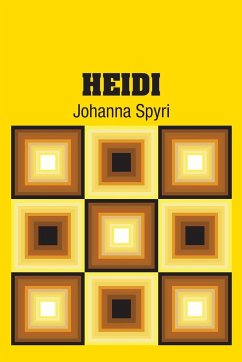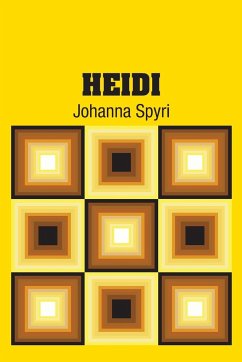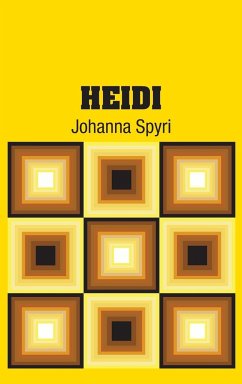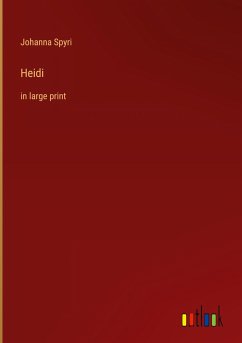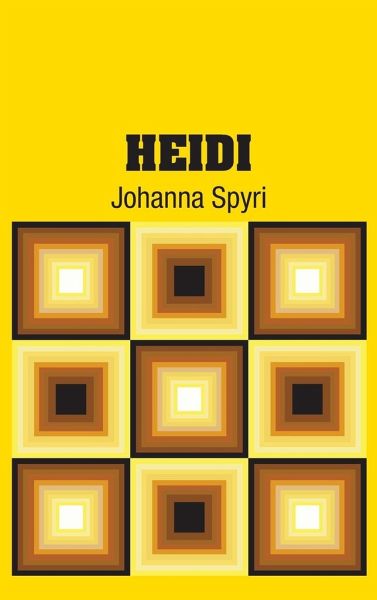
Heidi
Versandkostenfrei!
Versandfertig in 1-2 Wochen
19,99 €
inkl. MwSt.

PAYBACK Punkte
10 °P sammeln!
Celebrating International Women's Day with the original sisterhood! Little Heidi goes to live with her grandfather in his lonely hut high in the Alps and she quickly learns to love her new life. But her strict aunt decides to send her away again to live in the town. Heidi cannot bear being away from the mountains and is determined to return to the happiness of life with her grandfather. Heidi is one of six unforgettable Puffin Classics, brought together for International Women's Day in a stunning set in celebration of some of the most iconic female writers of the 19th and early 20th centuries.



